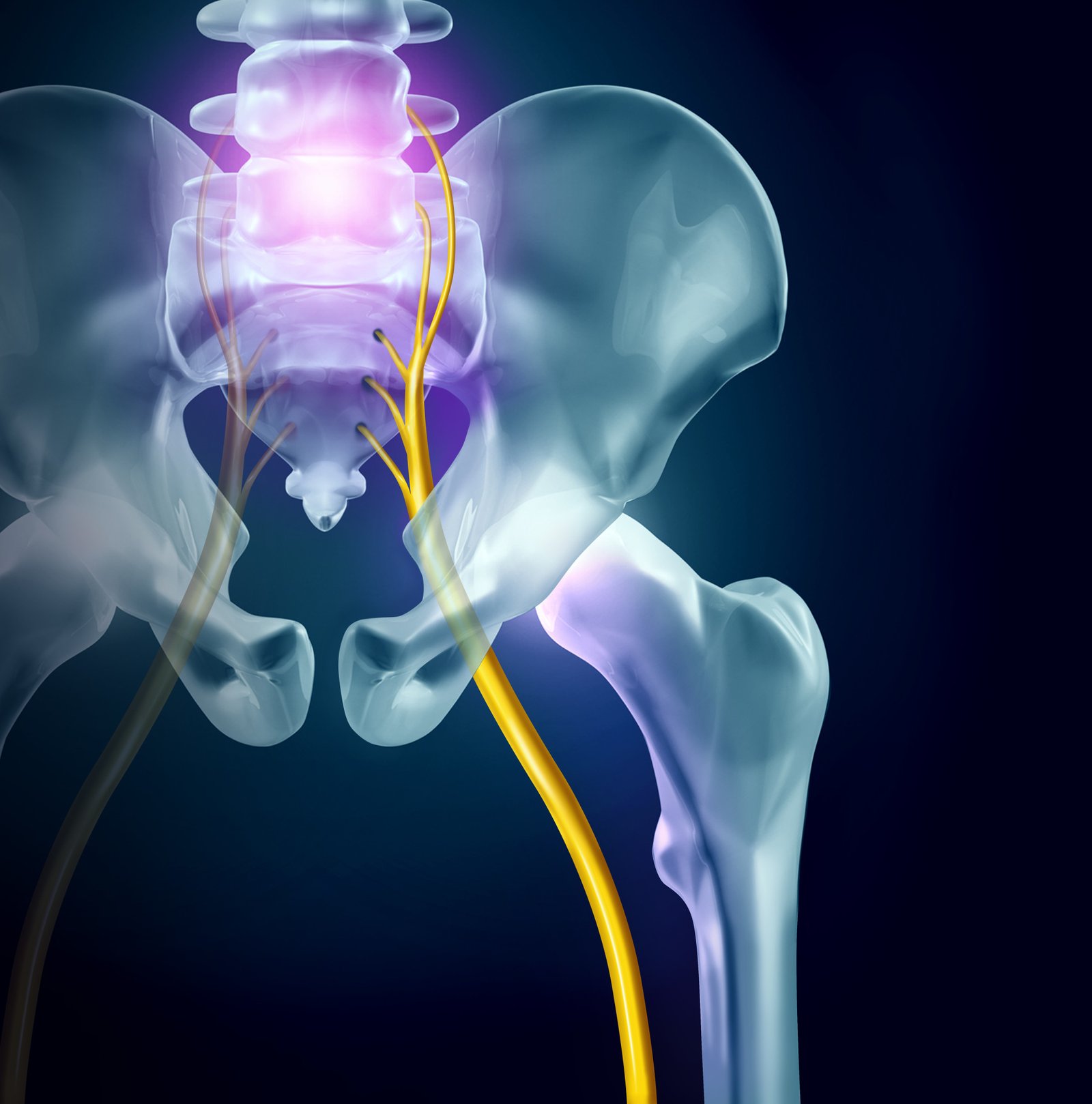The vagus nerve refers to a major nerve in the body. It starts as a part of your brain stem and extends throughout your body. It has numerous functions, including controlling your heartbeat.
There’s even some evidence that it’s responsible for the mind-body link. Which involved the fear response.
This nerve can be affected by certain ailments and disorders. We’ll be going into more detail in this article. Read on to learn more about what is the vagus nerve responsible for.
Contents
What Is the Vagus Nerve Responsible For
The vagus nerve has a vast reach and functions in the body. These are some of the responsibilities of this nerve. The Autonomic Nervous System is made of the Parasympathetic Nervous System, and the enteric nervous system
Autonomic Nervous System
The autonomic nervous system controls physiological functions that are carried out automatically. Which is composed of two systems the parasympathetic nervous system and the enteric nervous system. The vagus nerve functions properly and the body would so be able to maintain homeostasis.
Parasympathetic Nervous System
It is the part of the ANS which controls the body’s involuntary activities such as heart rate, digestion, and urination. It also plays a role in the immune system and is involved in the production of various hormones.
Enteric Nervous System
The enteric system is the nervous system of the gastrointestinal tract. Which is responsible for the motility of the gastrointestinal tract and the secretion of digestive juices. The enteric nervous system is also responsible for the absorption of nutrients from the gastrointestinal tract.
The Motor And Sensory Functions
Other vagus nerve functions are Motor And Sensory. The sensory function of this nerve is made up of two parts. the somatic elements which refer to the feelings experienced in the muscles or on the skin. And the visceral parts are sensations experienced in the body’s organs.
These functions are supplying somatic sensation information for the skin behind the ear, the external ear canal, and specific neck regions. Another is providing information about visceral sensations to the heart, lungs, esophagus, larynx, trachea, and much of the digestive tract.
The motor sensor functions are stimulating muscles in the pharynx, larynx, and soft palate. Stimulating heart muscles aids in the reduction of resting heart rate.
Stimulating involuntary contractions in the digestive tract. Including the esophagus, stomach, and the majority of the intestines that allows food to pass through.
Caring for Vagus Nerve’s Function
The vagus nerve is responsible for the body’s involuntary responses to stressors. When the body is under stress, the vagus nerve is activated and releases hormones that help the body cope with the stressor.
However, chronic stress can cause the vagus nerve to become overactive and lead to health problems. To care for vagus nerve function, it is important to manage stress levels and keep the body relaxed.
Relaxation techniques such as yoga, meditation, and deep breathing can help to reduce stress and promote vagus nerve function. Here are also vagus nerve stimulator reviews that will give you an idea of how to effectively take care of your vagus nerve.
Understanding The Role Of The Vagus System In Our Body
The vagus nerve is responsible for a variety of vital functions, including heart rate, digestion, and immune response. In addition, this nerve is thought to play a role in mental and emotional health.
While more research is needed to better understand this nerve and its many functions. Understanding what is the vagus nerve responsible for has a significant impact on our overall health and well-being.
For more health topics and other articles, visit our blog.



